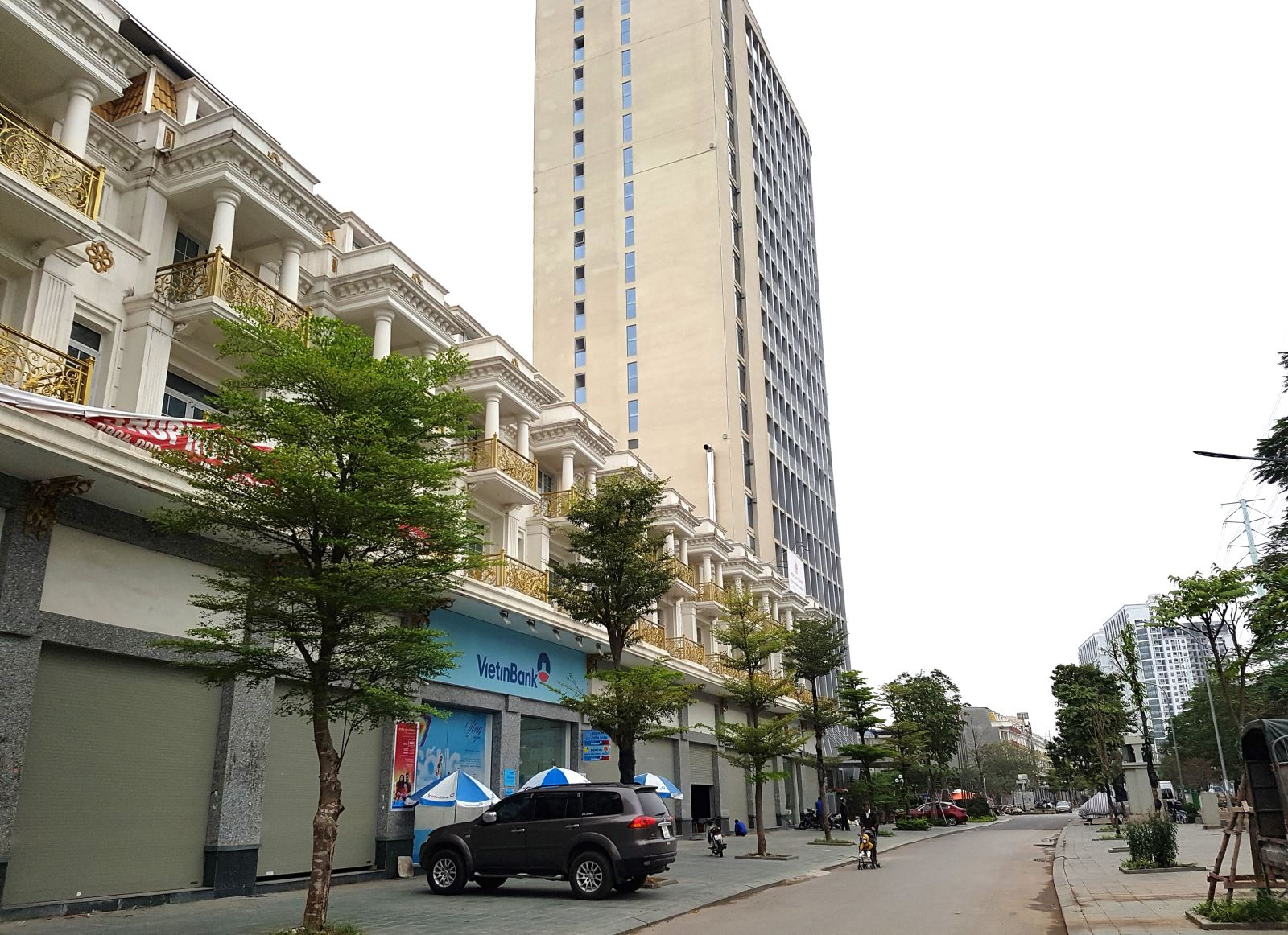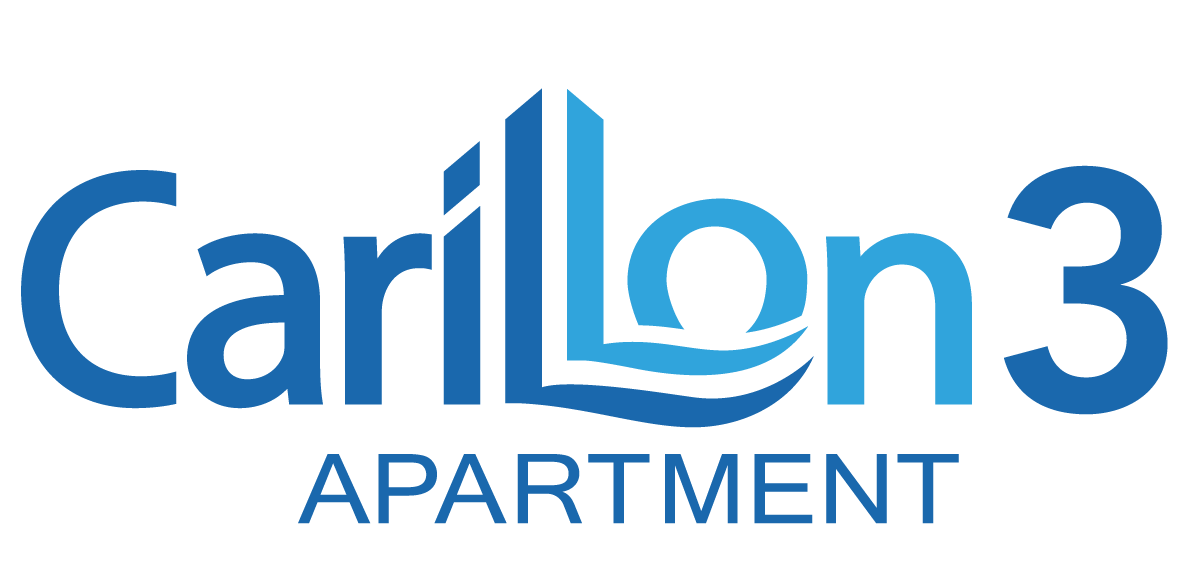Real estate struggles to accelerate in the final stretch of 2023
The deadline approaches, but the goal remains distant
Among the group of businesses that have early completed their third-quarter business result reports, Nam Long Group is considered a positive example for achieving a nearly VND 71 billion post-tax profit, a 39% increase compared to the same period last year, despite a 60% decrease in revenue to VND 357 billion. The majority of Nam Long's revenue during the period came from the sale of houses and apartments, accounting for 86% of the total revenue. Mizuki, a key project, was handed over during the period, but as it belongs to a joint venture, only the profit allocation is recognized, not the consolidated revenue.
For the cumulative nine months, Nam Long achieved a gross revenue of over VND 1,545 billion, a 43% decrease compared to the same period last year. The post-tax profit reached VND 318.6 billion, a 15% increase. Compared to the 2023 annual targets, Nam Long Group has completed 32% of its revenue plan and 35% of its profit target.

Some companies reported modest profits in the third quarter. Illustrative image: V.Dung
On the other hand, the Joint Stock Company for Real Estate Development Phat Dat (Phat Dat) achieved a third quarter 2023 revenue of nearly VND 355 billion, a 32-fold increase over the same period last year, primarily due to property transfer sales. However, Phat Dat reported a post-tax profit of nearly VND 102 billion, an 86% decrease compared to the same period last year. However, excluding the one-time profit from subsidiary transfers in the same period last year, this year's profit has positive elements because it relies on core business operations rather than financial revenue.
For the cumulative nine months, Phat Dat reported post-tax profits of nearly VND 400 billion. In 2023, the company set an annual target of VND 2,800 billion in total revenue and VND 850 billion in pre-tax profits. Therefore, after nine months, the company has completed 63% of its profit target.
Efforts to streamline operations and restructure the product portfolio are driving Nam Long and Phat Dat to recover from core business activities. Furthermore, in the third quarter, many companies have taken advantage of the stock market's growth wave to optimize cash flow.
The most notable example is the Investment and Development Company for Da Nang Houses (Nha Da Nang), which has just announced its financial report for the third quarter of 2023 with revenue reaching VND 56.18 billion, over 49 times higher than the same period last year. The company also reported a significant post-tax profit of VND 27.58 billion, while it suffered a loss of VND 28.77 billion in the same period last year. Notably, the financial revenue of Nha Da Nang increased by 106.3% to VND 27.31 billion, thanks to investments in securities. By the end of the third quarter, the company's securities portfolio had increased by 51% compared to the beginning of the year, reaching VND 468.9 billion, accounting for 33.9% of the total assets.
Although some businesses reporting early show positive stories about their financial activities and core business, the market has not yet reached an ideal state. Lingering liquidity issues have been evident since last year and continue to indicate that the market's growth momentum is fragile. Even the key real estate transaction indicators in previous quarters were mainly driven by Vinhomes projects.
However, a research group from KIS Vietnam Securities Company believes that the business results for the entire real estate industry will suffer in the third quarter. The main support pillar Vinhomes is experiencing a contraction in growth potential due to the lack of revenue from the wholesale sector. This group forecasts that the third-quarter net profit of the real estate sector will decrease by 30% compared to the same period last year.
In fact, a major northern real estate player, Hai Phat Investment Joint Stock Company, has just announced its consolidated financial report for the third quarter, which is consistent with the forecast mentioned earlier. Specifically, after deducting costs and incurred taxes, Hai Phat reported a post-tax profit of VND 4.3 billion, a sharp 95% decrease compared to the VND 92.8 billion in the same period last year.
Based on its research data, the KIS Vietnam group also provides a forecast for five major companies that may record losses, although these companies have not yet published their third-quarter financial reports. The companies mentioned include Novaland, Danh Khoi Group, DIC Corp, NBB Investment Joint Stock Company, and Dat Xanh Group.
For Novaland, the second-quarter report also set profit targets for the third and fourth quarters at VND 310 billion and VND 515 billion, respectively. However, the company's recent activities mostly focused on restructuring bond debt, rather than driving sales. Therefore, the goal of making a profit in the last two quarters is still uncertain and eagerly anticipated by many shareholders, waiting for the company's confirmation in upcoming reports.
The real estate market is expected to show more positive developments in the fourth quarter of the year when the sales activities of developers are supported by decreasing mortgage interest rates. However, weak demand may be an issue that causes concern for many companies striving to accelerate growth in the remaining months of the year.
Balancing Debt and Ensuring Solvency
The third-quarter business report season is an important phase in determining how businesses will fare at the end of the financial year. Some businesses have prepared products for sale in the final business season to improve cash flow. However, others must make efforts to balance debts, especially bond debts.
Specifically, statistics show that as of mid-October, over 50 bond-issuing organizations have reached agreements to extend the maturity of their bonds with bondholders. The total value of the extended bonds is over VND 95,000 billion.
Among them, prominent real estate groups such as Sovico Group reached agreements to extend the maturity of six bond series worth around VND 7,000 billion. The Hung Thinh Group was granted a two-year extension for more than VND 7,000 billion in bonds. BCG Land Joint Stock Company reached an agreement to extend the maturity of one bond series worth VND 2,500 billion.

Demand remains weak, and liquidity risks persist, making it challenging for companies to "accelerate" in the fourth quarter to meet their targets. Illustrative image: DNCC.
The weak demand and liquidity risks make it very difficult for companies to accelerate their pace and meet their growth targets in the fourth quarter. This is despite the signs of recovery in the third quarter, which were mainly seen as a "response" from a few companies with sufficient legal supply and suitable demand. However, overall, the demand remains weak, and liquidity risks still persist, making it very challenging for companies to "pick up the pace" in the fourth quarter and meet their goals.
Efforts to maintain balance and restructure debt, as well as repay debt with assets or buy back debt, are the three basic solutions for businesses to alleviate the pressure of maturing debt. However, the looming challenge is the limited opportunities for businesses to exchange assets and extend debts due to the need for legal compliance. This is the most challenging aspect.
According to Nguyen Ba Khuong, an expert from VNDirect Securities Company, in the debt extension negotiations, many organizations delayed repaying their bond debts several months in advance. When bondholders pressured them to repay, businesses didn't have the immediate funds to do so because their real estate had not yet been sold. Both parties had no choice but to sign extension contracts.
Moreover, Khuong noted that many bond-issuing organizations attempted to repay their debts with real estate assets, but few bondholders accepted such assets. The primary reason is that the legal status of the real estate assets used for repayment was not clear, or the calculated value for repayment was unattractive to bondholders.
Negotiating for debt rescheduling, debt repayment with assets, or repurchasing debt are the three fundamental solutions for businesses to ease the pressure of maturing debt. However, these efforts, while helpful, may not be sufficient, as there is still a significant amount of bond debt to repay when it matures.
The Ho Chi Minh City Real Estate Association (HoREA) has reported that in the fourth quarter of 2023, not including the bonds that have already been extended or repurchased, there is still approximately VND 65,500 billion in bonds due for repayment. In 2024, the value of bonds due for repayment is expected to reach a peak of VND 329,500 billion, which is the highest in the past three years (VND 144,500 billion in 2022 and VND 271,400 billion in 2023 for bonds due for repayment).
Le Hoang Chau, Chairman of HoREA, emphasized that businesses in the real estate sector, which are burdened with significant debt, are eager to reduce their debt load. However, the opportunity to reduce debt through asset exchange or debt extension is minimal, as businesses must have projects that are legally sound, which is a considerable challenge.
The real estate market in 2023 has passed more than two-thirds of the year, and most of the time has been spent waiting for supportive policies to be put into practice. Signs of recovery began to appear in the third quarter, but these are only the "reactions" of a few companies with adequate legal compliance and suitable supply. As a whole, demand remains weak, and liquidity risks persist, making it challenging for businesses to accelerate their pace in the fourth quarter and meet their goals.
Balancing Debt and Ensuring Solvency
The third-quarter business report season is an important phase in determining how businesses will fare at the end of the financial year. Some businesses have prepared products for sale in the final business season to improve cash flow. However, others must make efforts to balance debts, especially bond debts.
Specifically, statistics show that as of mid-October, over 50 bond-issuing organizations have reached agreements to extend the maturity of their bonds with bondholders. The total value of the extended bonds is over VND 95,000 billion.
Among them, prominent real estate groups such as Sovico Group reached agreements to extend the maturity of six bond series worth around VND 7,000 billion. The Hung Thinh Group was granted a two-year extension for more than VND 7,000 billion in bonds. BCG Land Joint Stock Company reached an agreement to extend the maturity of one bond series worth VND 2,500 billion.
The weak demand and liquidity risks make it very difficult for companies to accelerate their pace and meet their growth targets in the fourth quarter. This is despite the signs of recovery in the third quarter, which were mainly seen as a "response" from a few companies with sufficient legal supply and suitable demand. However, overall, the demand remains weak, and liquidity risks still persist, making it very challenging for companies to "pick up the pace" in the fourth quarter and meet their goals.
Efforts to maintain balance and restructure debt, as well as repay debt with assets or buy back debt, are the three basic solutions for businesses to alleviate the pressure of maturing debt. However, the looming challenge is the limited opportunities for businesses to exchange assets and extend debts due to the need for legal compliance. This is the most challenging aspect.
According to Nguyen Ba Khuong, an expert from VNDirect Securities Company, in the debt extension negotiations, many organizations delayed repaying their bond debts several months in advance. When bondholders pressured them to repay, businesses didn't have the immediate funds to do so because their real estate had not yet been sold. Both parties had no choice but to sign extension contracts.
Moreover, Khuong noted that many bond-issuing organizations attempted to repay their debts with real estate assets, but few bondholders accepted such assets. The primary reason is that the legal status of the real estate assets used for repayment was not clear, or the calculated value for repayment was unattractive to bondholders.
As such, the situation remains challenging, and many businesses are grappling with high levels of maturing debt. The real estate market in 2023 has passed more than two-thirds of the year, and most of the time has been spent waiting for supportive policies to be put into practice. Signs of recovery began to appear in the third quarter, but these are only the "reactions" of a few companies with adequate legal compliance and suitable supply. As a whole, demand remains weak, and liquidity risks persist, making it challenging for businesses to accelerate their pace in the fourth quarter and meet their goals.
Source: thesaigontimes.vn








